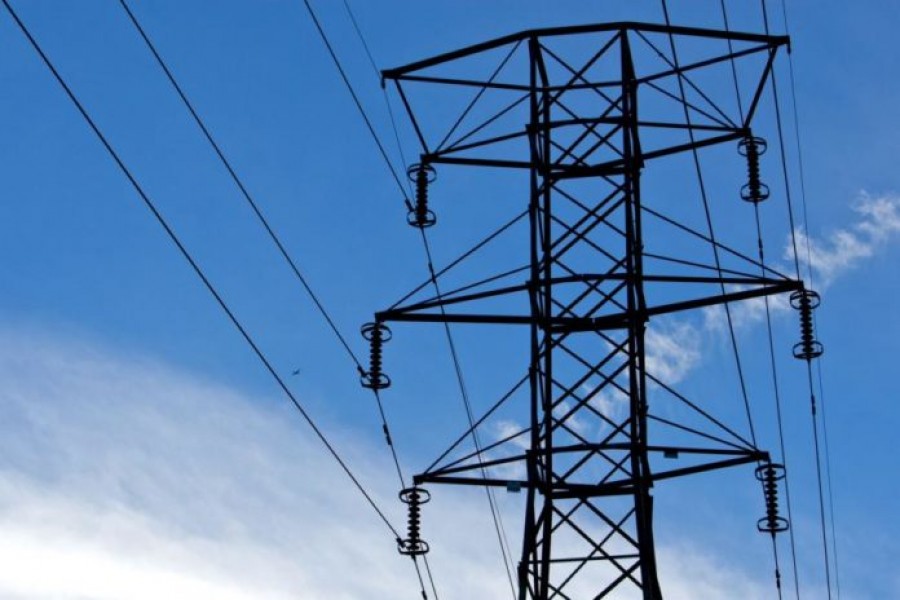
Published :
Updated :

Preparations are afoot to raise the power tariff in a big way. The Bangladesh Power Development Board (BPDB) had approached the Bangladesh Energy Regulatory Commission (BERC) seeking a hike as high as 65.57 per cent. The technical committee of the energy regulator during a public hearing on the BPDB proposal revealed that it was recommending a 58 per cent increase. The committee, however, is not the ultimate authority. Commission itself might amend the recommendations, taking into consideration other relevant issues.
The news about the BERC technical committee recommendation has stirred up grave concern among the consumers who are now amid a hard time, as far as the living cost is concerned. No matter what the official statistics say about the rate of inflation, people are paying through the nose for almost everything. With their back to the wall, they are apprehending yet another round of increases in commodity prices in the event of a hike in power rates. The businesses and experts also have expressed their grave concern over the proposed hike and urged the BERC to drop the idea of raising power rates.
Admittedly, the government is caught in a double bind. If it hikes the power tariff, almost all other sectors of the economy, including industry and agriculture, will be hurt. And if it stays away from a raise, the volume of subsidy on power in the next budget will soar further. The BPDB, while pleading its case, said the cost of power generation had gone up by more than Tk 81 billion in the fiscal year (FY) 2020-21 because of higher consumption of furnace oil amid a shortage of natural gas. The corporation also ran into a greater deficit because of withdrawal tax exemption on furnace oil import and imposition of fresh taxes on the same and VAT on coal import.
Subsidy to the power sector has been on the rise since 2010, the year that saw the introduction of the rental power plants in the private sector for the first time. The volume of subsidy in the FY 2010 was Tk.17.9 billion, and it had reached Tk 117 billion in the FY 2020-21. So-called capacity payments to private power plants have been eating up a sizeable chunk of the subsidy money. The rise in the prices of fuel oil and liquefied natural gas (LNG) in recent months has also pushed up the cost of power generation. But there must be ways to avoid a hike in power tariff or raise it minimally. The government should withdraw the taxes on fuel used by power plants and reduce the capacity payments to rental power plants to a minimum. Public sector power plants, having the capacity to generate power at low cost, are allegedly often taken out of the stream to distribute benefits to their private counterparts. The stories about power pilferage are old. Nobody cares to listen to those these days.


 For all latest news, follow The Financial Express Google News channel.
For all latest news, follow The Financial Express Google News channel.